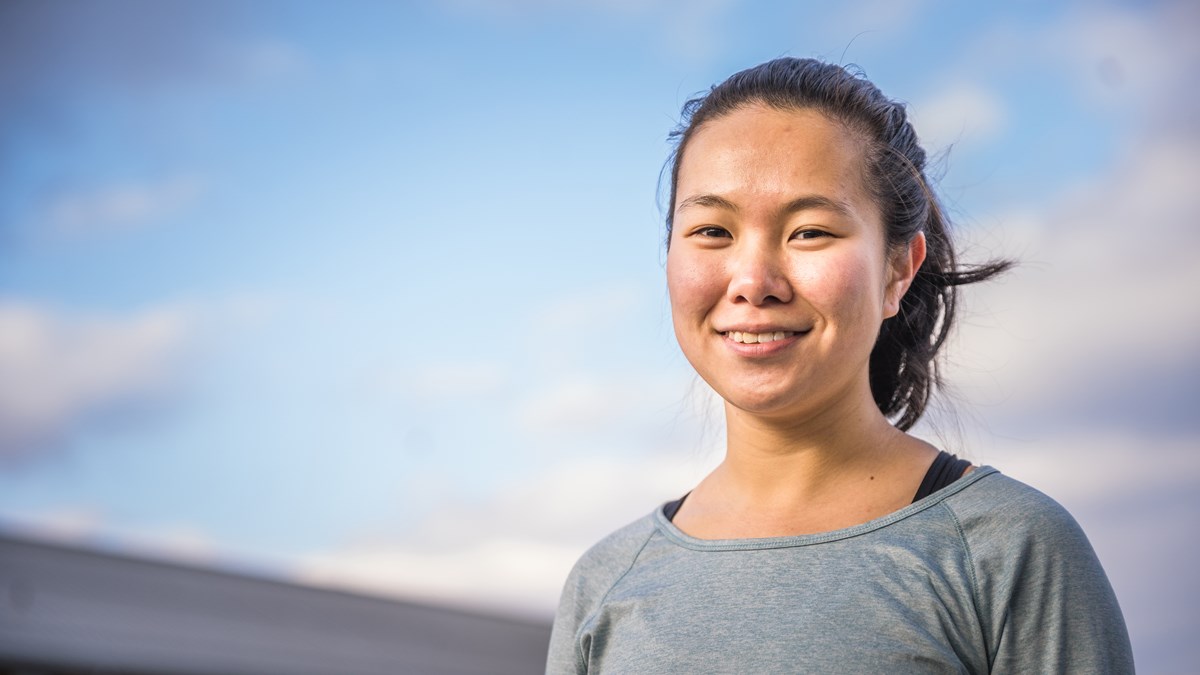Bernadine Kwan

Health policy is the one field that can seriously impact large groups of people on every level. It impacts all instances of life and good policy can help alleviate struggles for people.
In light of the coronavirus pandemic and inequalities in healthcare, public health is on our minds now more than ever. WVU School of Public Health student Bernadine Kwan wants to use her education to create positive health policies for underserved individuals.
"Health policy is the one field that can seriously impact large groups of people on every level,” Kwan said. “It impacts all instances of life and good policy can help alleviate struggles for people."
Kwan is currently a student in the Master of Public Health in Health Policy program. Through the program, she is focused on improving health through policy and system reform, specifically in the criminal justice system.
"In the program my eyes were opened to the fact that I can help and create change through policy," Kwan said.
Kwan, who is from Kuala Lumpur, Malaysia, was met with personal challenges upon coming to WVU. She says that coming to WVU humbled her; she says she realized communities did not need individuals with a savior complex but needed individuals that are able and willing to stand beside the community they are trying to help.
"At WVU, I learned to further acknowledge my privilege. My ability to study abroad and having the means to further my education is something that is not accessible to everyone," Kwan said. "I can use this privilege to affect positive change and help amplify voices of vulnerable communities."
When Kwan began her studies in the School of Public Health, she wanted to focus on mental health issues and individuals. However, as she continued, she realized she wanted to work on public health policies within the criminal justice system. Kwan now wants to help create health policies and policy reform for people impacted by incarceration, from prisoners still behind bars, to recently released individuals and their loved ones.
Kwan is currently working with Families Against Mandatory Minimums (FAMM), a nonprofit based in Washington, D.C., which focuses on criminal justice reform. Her role in FAMM includes providing public health research and resources to pro bono counsel working on Compassionate Release cases. This is crucial because people who have been incarcerated usually have issues reintegrating into society. Because of this, their health can suffer.
"Through my work, I have learned that incarceration is a vicious cycle, and it often impacts communities that do not have their basic needs, health or otherwise, met,” Kwan said. “That coupled with excessive policing of these communities has led to a vicious incarceration cycle."
Kwan believes that improving the criminal justice system’s health policies will positively impact all of society. Upon graduation, she wants to make a career out of reforming and creating better health policies to dismantle systemic oppression.
"I am going to focus my career on trying to improve this health oppressed section of society," Kwan said. "After all, we can’t ensure good community health if prisoners are not getting proper health care, because they are people, too."